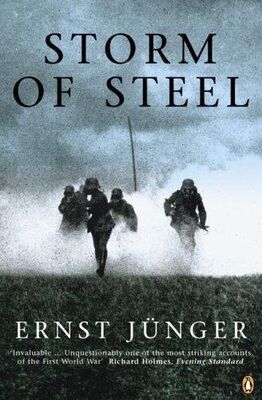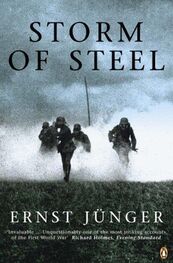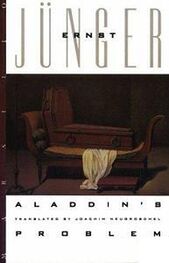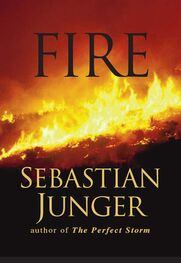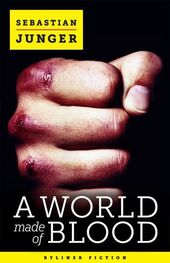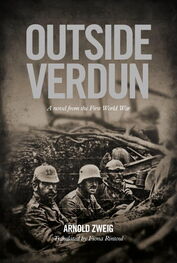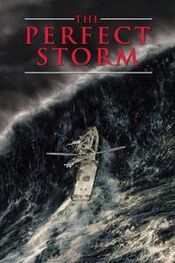Isolated rifle shots rang out in front of us; perhaps the village walls in the background kept us from being too clearly seen. With my cane in my left hand, and my pistol in my right, I tramped on ahead, not quite realizing I was leaving the line of the 5 th Company behind me and to my right. As I marched, I noticed that my Iron Cross had become detached and fallen on the ground somewhere. Schrader, my servant and I started looking for it, even though concealed snipers were shooting at us. At last, Schrader picked it up out of a tuft of grass, and I pinned it back on.
We were coming downhill. Indistinct figures moved against a background of red-brown clay. A machine-gun spat out its gouts of bullets. The feeling of hopelessness increased. Even so, we broke into a run, while the gunners were finding their range.
We jumped over several snipers’ nests and hurriedly excavated trenches. In mid-jump over a slightly better-made trench, I felt a piercing jolt in the chest – as though I had been hit like a game-bird. With a sharp cry that seemed to cost me all the air I had, I spun on my axis and crashed to the ground.
It had got me at last. At the same time as feeling I had been hit, I felt the bullet taking away my life. I had felt Death’s hand once before, on the road at Mory – but this time his grip was firmer and more determined. As I came down heavily on the bottom of the trench, I was convinced it was all over. Strangely, that moment is one of very few in my life of which I am able to say they were utterly happy. I understood, as in a flash of lightning, the true inner purpose and form of my life. I felt surprise and disbelief that it was to end there and then, but this surprise had something untroubled and almost merry about it. Then I heard the firing grow less, as if I were a stone sinking under the surface of some turbulent water. Where I was going, there was neither war nor enmity.
Often enough I have seen wounded men dreaming in a world of their own, taking no further part in the noise of battle, the summit of human passions all around them; and I may say I know something of how they must have felt.
The time I lay completely unconscious can’t have been that long in terms of chronometry – it probably corresponded to the time it took our first wave to reach the line where I fell. I awoke with a feeling of distress, jammed in between narrow clay walls, while the call: ‘Stretcher-bearers! The company commander’s been hurt!’ slipped along a cowering line of men. An older man from another company bent over me with a kindly expression, undid my belt and opened my tunic. He saw two round bloody stains – one in the right of my chest, the other in my back. I felt as though I were nailed to the earth, and the burning air of the narrow trench bathed me in tormenting sweat. My kindly helper gave me air by fanning me with my map case. I struggled to breathe, and hoped for darkness to fall soon.
Suddenly a fire-storm broke loose from the direction of Sapign-ies. No question, this smooth rumbling, this incessant roaring and stamping signified more than merely the turning back of our ill-conceived little attack. Over me I saw the granite face of Lieutenant Schrader under his steel helmet, loading and firing like a machine. There as a conversation between us that was a little like the tower scene in St Joan. Albeit, I didn’t feel amused, because I had the clear sense I was done for.
Schrader rarely had time to toss me a few words, because I didn’t really figure any more. Feeling my own feebleness, I tried to glean from his expression how things stood for us up there. It appeared that the attackers were gaining ground, because I heard him call out more frequently and with greater alarm to his neighbours, pointing out targets that must be very close at hand.
Suddenly, as when a dam breaks under the pressure of flood water, the cry went up:
‘They’ve broken through on the left! They’re round the back of us!’ going from mouth to mouth. At that terrible instant, I felt my life force beginning to glimmer again like a spark. I was able to push two fingers into a mouse-or mole-hole level with my arm. Slowly I pulled myself up, while the blood that was bogging my lungs trickled out of my wounds. As it drained away, I felt relief. With bare head and open tunic, I stared out at the battle.
A line of men with packs plunged straight ahead through whitish swathes of smoke. A few stopped and lay where they fell, others performed somersets like rabbits do. A hundred yards in front of us, the last of them were drawn into the cratered landscape. They must have belonged to a very new outfit that hadn’t been tested under fire, because they showed the courage of inexperience.
Four tanks crawled over a ridge, as though pulled along on a string. In a matter of minutes, the artillery had smashed them to the ground. One broke in half, like a child’s toy car. On the right, the valiant cadet Mohrmann collapsed with a death shout. He was as brave as a young lion; I had seen that at Cambrai already. He was felled by a bullet square in the middle of his forehead, better aimed than the one that he had once bandaged up for me.
The affair didn’t seem to be irrevocably lost. I whispered to Corporal Wilsky to creep a little left, and enfilade the gap in the line with his machine-gun. He came back straight away and reported that twenty yards beyond everyone had surrendered. That was part of another regiment. So far I had been clutching a tuft of grass with my left hand like a steering column. Now I succeeded in turning round, and a strange sight met my eyes. The British had begun to penetrate sectors of the line to the left of us, and were sweeping them with fixed bayonets. Before I could grasp the proximity of the danger, I was distracted by another, more startling development: at our backs were other attackers, coming towards us, escorting prisoners with their hands raised! It seemed that the enemy must have broken into the abandoned village only moments after we had left it to make our attack. At that instant, they tightened the noose round our necks; we had completely lost contact.
The scene was getting more and more animated. A ring of British and Germans surrounded us and called on us to drop our weapons. It was pandemonium, as on a sinking ship. In my feeble voice, I called upon the men near me to fight on. They shot at friend and foe. A ring of silent or yelling bodies circled our little band. To the left of me, two colossal British soldiers plunged their bayonets into a piece of trench, from where I could see beseeching hands thrust out.
Among us, too, there were now loud yells: ‘It’s no use! Put your guns down! Don’t shoot, comrades!’
I looked at the two officers who were standing in the trench with me. They smiled back, shrugged, and dropped their belts on the ground.
There was only the choice between captivity and a bullet. I crept out of the trench, and reeled towards Favreuil. It was as in a bad dream, where you can’t pick your feet off the floor. The only thing in my favour was perhaps the utter confusion, in which some were already exchanging cigarettes, while others were still butchering each other. Two Englishmen, who were leading back a troop of prisoners from the 99th, confronted me. I aimed my pistol at the nearer of the two, and pulled the trigger. The other blazed his rifle at me and missed. My hurried movements pushed the blood from my lungs in bright spurts. I could breathe more easily, and started running along the trench. Behind a traverse crouched Lieutenant Schlager in the middle of a group of blazing rifles. They fell in with me. A few British, who were making their way over the field, stopped, set down a Lewis gun on the ground, and fired at us. Except for Schlager and me and a couple of others, everyone went down. Schlager, who was extremely shortsighted, told me later that all he had been able to see was my map case flying up and down. That was his signal. The loss of blood gave me the lightness and airiness of intoxication, the only thing that worried me was that I might break down too soon.
Читать дальше